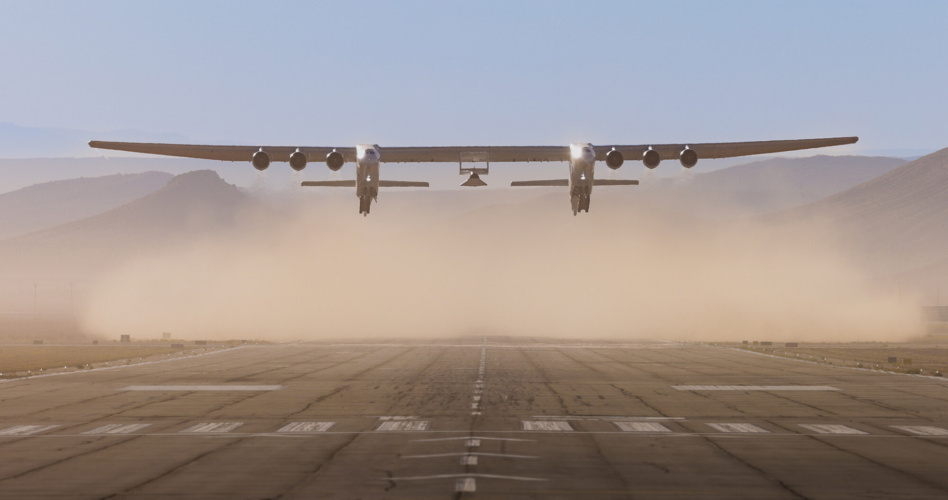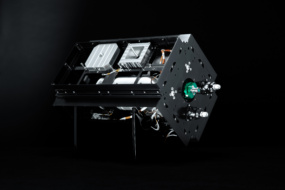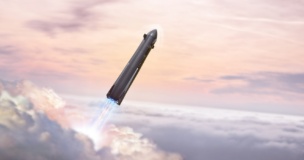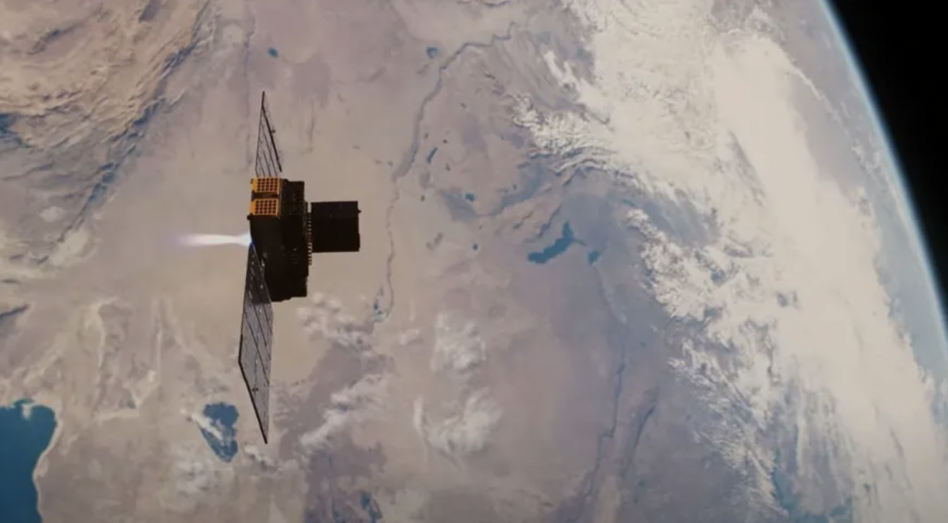Stratolaunch successfully completed a key step on the way to flying its hypersonic vehicle on Saturday with the separation and landing of its Talon-A test vehicle from the Roc carrier aircraft.
Stratolaunch 101
The Mojave, CA-based company was founded in 2011 by late Microsoft cofounder Paul Allen with ambitions to build hypersonic test vehicles. Its huge carrier aircraft, Roc, boasts six Boeing 787 engines, a 385-ft wingspan, and 50,000+ lb. carrying capacity to air-launch hypersonic vehicles.
About a year ago, Stratolaunch unveiled its Talon-A vehicle, a hypersonic glide vehicle designed to reach Mach 6 (that’s six times the speed of sound, for the uninitiated). The first flight-ready craft, dubbed TA-0, was built for separation tests only and is not powered in flight.
- TA-1, the company’s first functional hypersonic vehicle, will come equipped with Ursa Major engines and is meant to be fully reusable and autonomous.
The test
After months of delays due to weather and field restrictions, Saturday marked the first time that Stratolaunch attempted to deploy TA-0 from the Roc craft.
During the test, Stratolaunch “accomplished a number of primary and secondary objectives, including a clean release, stabilized flight all the way to flare and landing in the water,” Zachary Krevor, CEO and president of Stratolaunch, said in a press call.
- Roc reached its target altitude and speed parameters, Krevor said. Aviation Week reports that about halfway through the flight, Roc was at 21,650 ft altitude and clipping along at 240 knots.
- TA-0 sustained some damage upon its water landing, but remained intact.
The successful test of TA-0 paves the way for the first flight of TA-1, which is currently undergoing vehicle-level testing ahead of integration and a target launch late this summer. TA-2 and 3 are also being assembled at the company’s Mojave facility.
The big picture: Things are heating up in the global hypersonic arena. China performed a successful test flight of a LEO hypersonic glide vehicle in 2021, and Russia has also tested its own capabilities. The Pentagon is keen on building out homegrown hypersonic tech, and companies like Stratolaunch and Rocket Lab, which announced its own hypersonic test program last month, are poised to fill that need.





